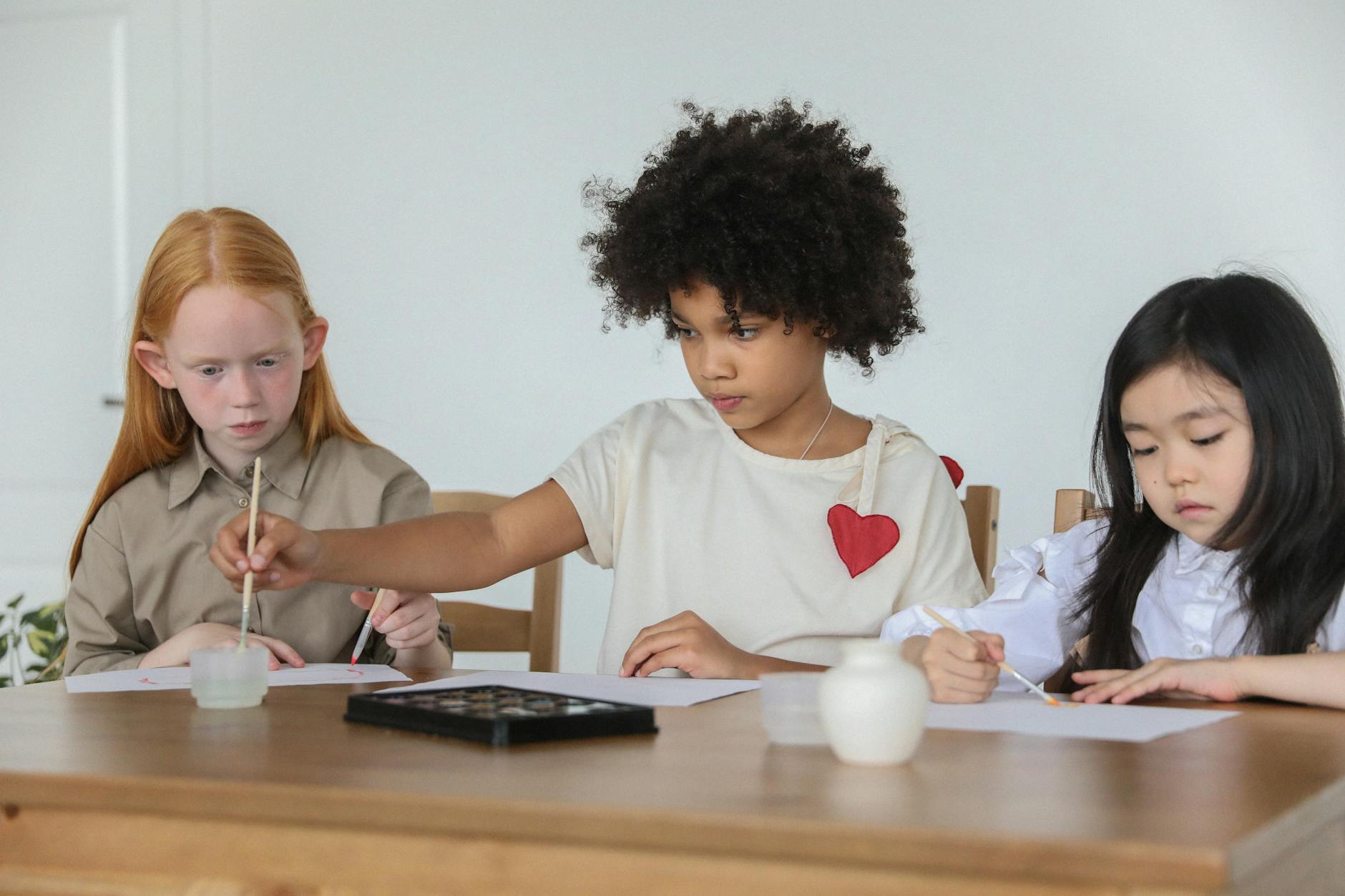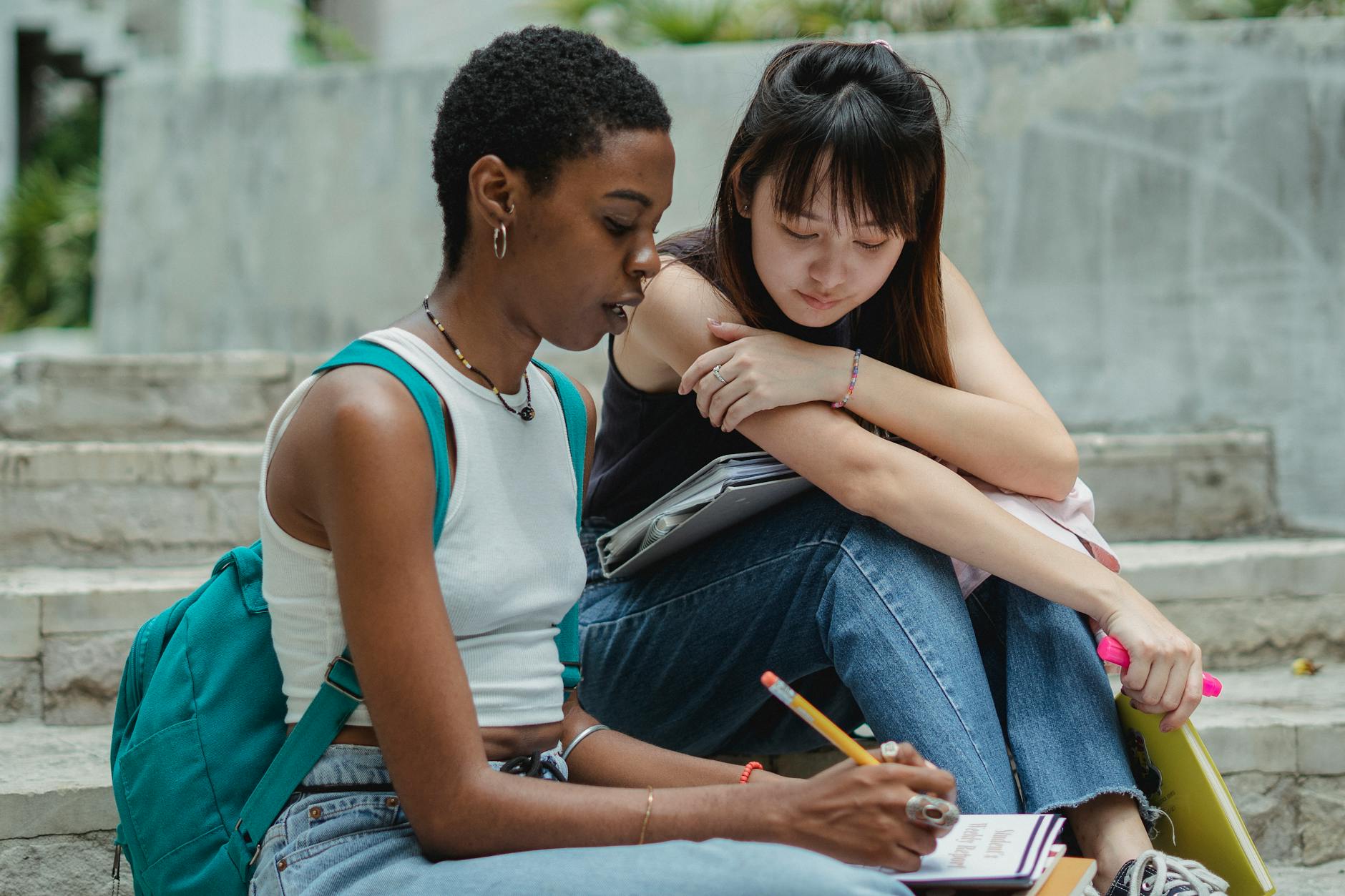How to Enhance Childcare Practices in Australia Through Innovative Education

Enhancing Educational Approaches
Having spent years as a childcare educator, I’ve learned the significance of adopting diverse teaching methods. One way I've successfully enriched educational approaches is by incorporating child care courses. These courses provide a comprehensive understanding of foundational principles and innovative practices that elevate the learning experiences for young children. At South Bank Parklands, for example, we often integrate outdoor learning activities into the curriculum. This unique setting not only offers a refreshing educational environment but also helps children connect with nature and develop holistic skills.
Integrating Active Learning
Active learning is essential in childcare settings as it actively engages children in the learning process. I’ve seen firsthand how children flourish when they participate in interactive tasks such as group projects or field trips. These activities encourage inquiry and promote critical thinking, skills central to a child’s development. To elevate these experiences, integrating childcare courses online allows educators to access a repository of ideas and methodologies, enriching both their teaching toolkit and the children's educational journeys.
Emphasizing Multisensory Methods
Childcare education must cater to varied learning styles. Incorporating multisensory methods, such as tactile activities or auditory lessons, ensures that all children are engaged. Through these methods, children are able to absorb information in a manner that suits them best. I’ve found that collaborating with resources at the State Library of Queensland can immensely support the development of multisensory strategies in teaching, providing diverse materials that stimulate and inspire young minds.
Personalized Learning Paths
Every child’s learning pathway is unique. Crafting personalized learning paths allows for tailored educational experiences that accommodate individual strengths and interests. This customized approach empowers children to achieve their fullest potential, fostering a sense of achievement and self-esteem. Educators benefit from structured guidance through childcare courses online, ensuring that each child's learning journey is as exceptional as they are.
Utilizing Technology in Childcare
As an experienced childcare educator here in Brisbane, finding the right balance between traditional techniques and modern technology is crucial. Technology in childcare today embraces a variety of digital tools that boost interaction and engagement. From personal experience, using well-designed educational apps can transform a child's learning experience by making it interactive and fun. These apps aren't just effective teachers; they are also invaluable support for childcare educators, offering a new avenue for learning that fits different learning styles.
Digital Tools for Interaction
Integrating digital tools such as interactive whiteboards or tablets in daycare centers has revolutionised how we engage with kids. These tools encourage a more interactive environment where children can learn through play. As children complete various activities, they're able to visually see their progress, which motivates further learning. This method has proven effective at our local centres when paired with outdoor learning activities at South Bank Parklands, where digital storytelling apps enhance traditional play with guided narratives.
Educational Apps for Engagement
Educational apps offer diverse ways to keep kids engaged. Some apps focus on foundational literacy and numeracy skills, while others introduce children to art and music. Having utilised these apps in alignment with our teaching plans, I have witnessed substantial improvements in children’s problem-solving skills and creativity, which form part of the curriculum for a diploma in early childhood education.
Implementing Online Learning Platforms
Online learning platforms are increasingly pivotal in today's educational landscape. They provide educators and child care centres with resources tailored to early childhood education and community services courses. These platforms are particularly beneficial for continuing education and personal development. By blending digital resources with physical activities, we ensure that these technological advances contribute significantly to a child’s growth and overall well-being.
Fostering Community Connections
Partnering with Local Schools
One of the most effective ways to nurture a sense of belonging in childcare settings is by establishing robust partnerships with local schools. This collaboration not only enhances educational continuity but also opens up a wealth of learning opportunities for children. For instance, organising joint events such as family reading nights at the State Library of Queensland can boost literacy skills while fostering a community spirit. These events serve as platforms for educators from diverse backgrounds to exchange insights, ultimately enriching the learning environment.
Building Support Networks
Creating support networks within the community is crucial for the overall well-being of both families and childcare educators. A practical way to initiate this is by working with organisations like the Queensland Children's Hospital. Collaborations can offer wellness programs, workshops, and even health screening days, which significantly contribute to children's and educators' holistic health. Sharing personal experiences from my own practice, these engagements have proven invaluable by providing essential support to our community.
Parental Involvement Initiatives
Engaging parents actively in their children's education can solidify the foundation for a thriving learning environment. Initiatives such as parent workshops and volunteer-led field trips to South Bank Parklands encourage family participation and provide firsthand experiences of local culture and nature. A comprehensive approach, much like enrolling in cert 3 in individual support, enriches this collaborative effort by equipping caregivers with skills to better meet the diverse needs of children. By involving parents, we create a cohesive community aiming for excellence in early childhood education.
Professional Development for Educators
Continuing Education Programs
In the realm of professional growth, continuing education programs serve as a cornerstone for educators striving to excel in childcare. With my experience in Brisbane's vibrant educational landscape, I've seen how these programs can empower educators to implement innovative teaching strategies. They offer an understanding of the latest theories and practices, paving the way for more enriching educational environments. For those in roles similar to aged care, exploring aged care courses online can provide valuable insights into alternative care methodologies that can enhance skills relevant to childcare as well.
Training for Emerging Trends
Staying updated with emerging trends is crucial for any educator aiming for excellence. Embracing new methodologies not only enriches the learning experience but also ensures that educators can provide engaging and relevant care. For instance, integrating trends in early childhood education often requires training in technology and active learning strategies. Such training is pivotal for adapting to modern educational demands and keeping pace with evolving standards in childcare settings.
Mentorship and Peer Learning
Mentorship and peer learning constitute key avenues for professional development. These interactions foster a dynamic exchange of ideas, allowing educators to learn from each other's experiences and insights. In my years at various childcare centres across Brisbane, I've witnessed how mentorship can open paths to new techniques and create supportive networks. Sharing experiences and challenges in a collaborative environment not only enhances professional growth but also strengthens community bonds.
Addressing Resistance to Change
Encouraging Open Dialogue
In the journey of adopting innovative educational approaches, resistance to change is something we often encounter. As an experienced childcare educator, I've learned that one of the most effective strategies is to foster open dialogue among educators, parents, and children. Engaging in meaningful conversations about the benefits of new methodologies helps to alleviate concerns and encourage greater investment in child education. Using open forums and regular discussions at the State Library of Queensland, we create a shared understanding and address any hesitations head-on.
Celebrating Small Wins
Acknowledging and celebrating small achievements along the way is crucial. By focusing on incremental progress, such as successfully integrating new educational apps tailored for young children, we can build momentum and heighten enthusiasm. This approach not only reinforces positive outcomes but also empowers educators and caregivers alike. Witnessing even the slightest improvement in a child's engagement, particularly during outdoor learning activities at South Bank Parklands, helps to transform scepticism into support.
Providing Support and Resources
Ensuring that educators have access to comprehensive resources and support is essential for overcoming resistance. Initiatives such as dedicated workshops at the Queensland Children's Hospital provide essential training and offer insights into combating the fear of the unknown. Additionally, by cultivating partnerships with accomplished mentors and peers, we create networks that reinforce confidence and aid in embracing change, ultimately leading to a more investment in digital learning future.
In conclusion, addressing resistance to change in educational approaches requires a combination of communication, celebration of progress, and robust support systems. These elements come together to guide us towards a brighter educational journey.


